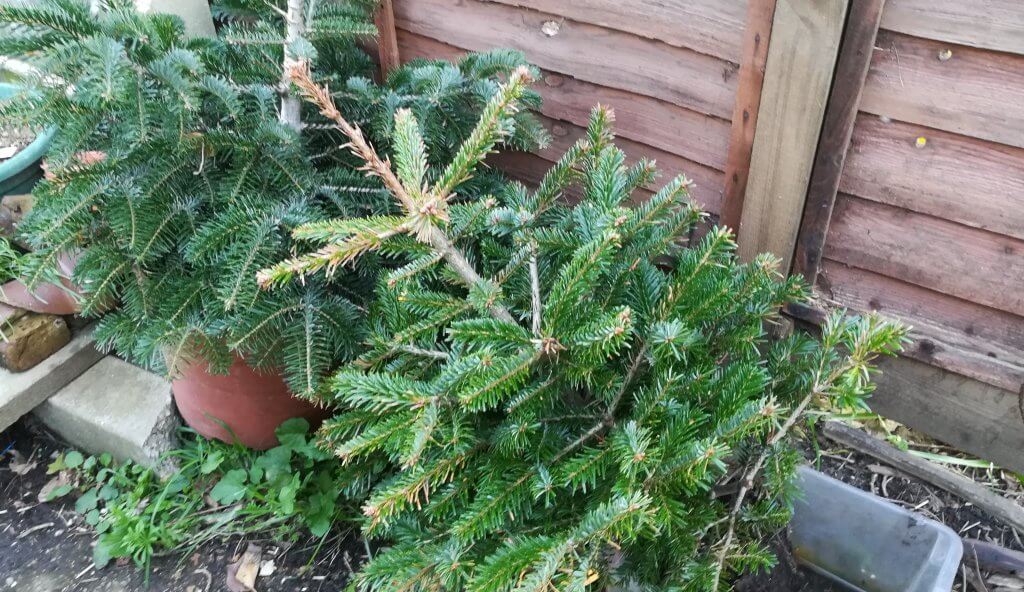The introduction of alien plants, seeds and contaminated soil not only disrupts the natural biodiversity of the Common, but can spread disease and often leads to a constant battle of controlling garden escapes which have become rampant.
‘Common’ questions and misunderstandings:
1. Doesn’t it provide plants with extra nutrition?
Barnes Common’s natural soil is nutrient-poor, acidic and free draining. It is precisely these tough growing conditions that allow such a wide and unique assemblage of plant species that collectively form our ‘acid grassland’ – a designated habitat of national priority. The enrichment of soil provided by the fly-tipping of green waste actually reduces the conditions needed to encourage our lowland acid flora and fauna to thrive.
2. I often see heaps of ‘green waste’ left by FoBC.
We remove ‘arisings’ for composting and re-cycling, including all the hay from our grass meadows along with bramble, tree and hedge trimmings, for the reasons listed above. However, working to maintain a balance, we also create some ‘habitat piles’ of branches as refuges for amphibians and small mammals such as voles and hedgehogs. You may also have seen log structures created specifically to encourage stag and other beetles.
Dead wood is one of the most crucial habitats on the Common and is vital for invertebrates, fungi and minute microbes essential for healthy plant and animal life. ALL materials used in this way form part of the life cycle of the Common and all have grown on the Common.
3. Doesn’t the Council take it away?
Again, the answer is no. This falls to a very small number of staff and volunteers, taking unnecessary time and money away from more productive conservation work.
4. How can I help?
The Council runs a very good green waste collection service on a fortnightly basis to which you can subscribe. Material is taken away and composted at high temperatures, sterilising any soil and killing any weeds. This provides a stable and good quality manure, some of which the Council itself uses and some of which is then sold back to gardeners – recycling at its best!
Visit www.richmond.gov for more information.

